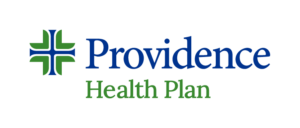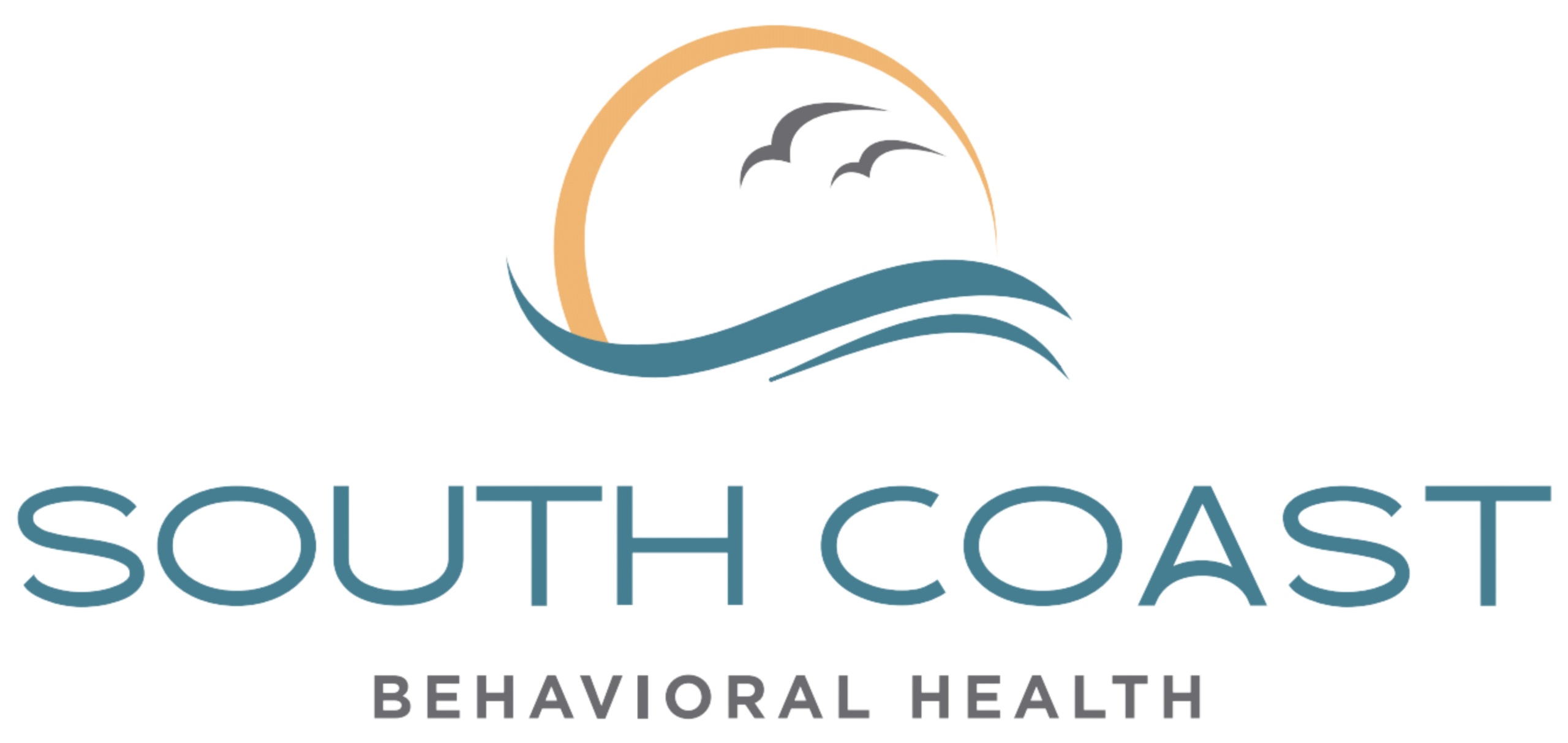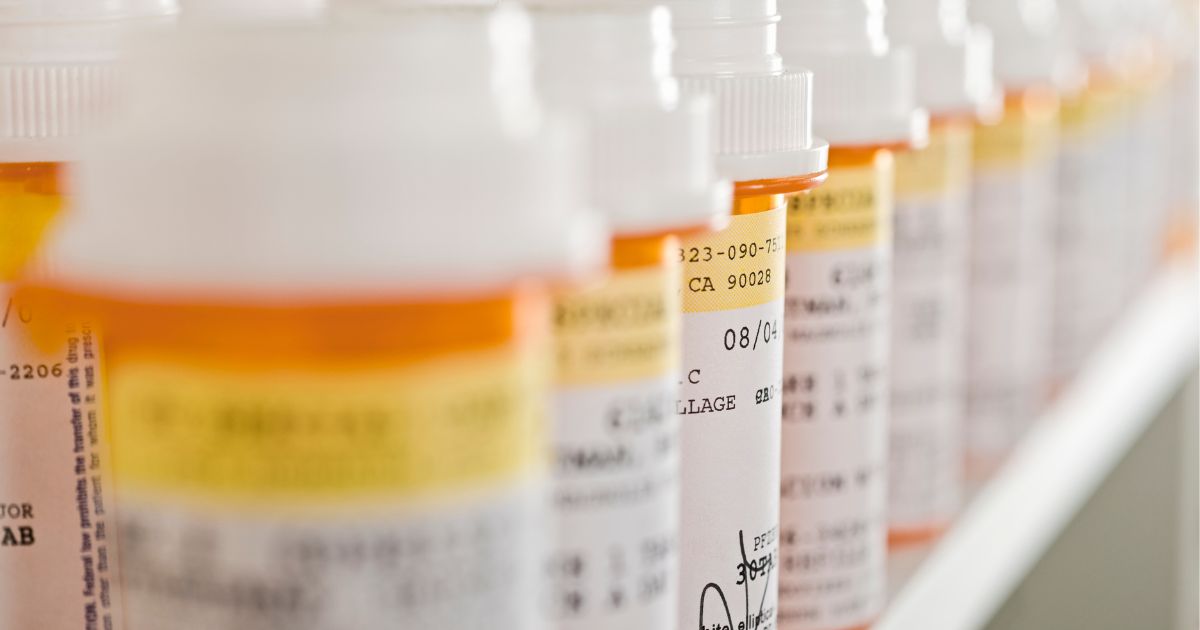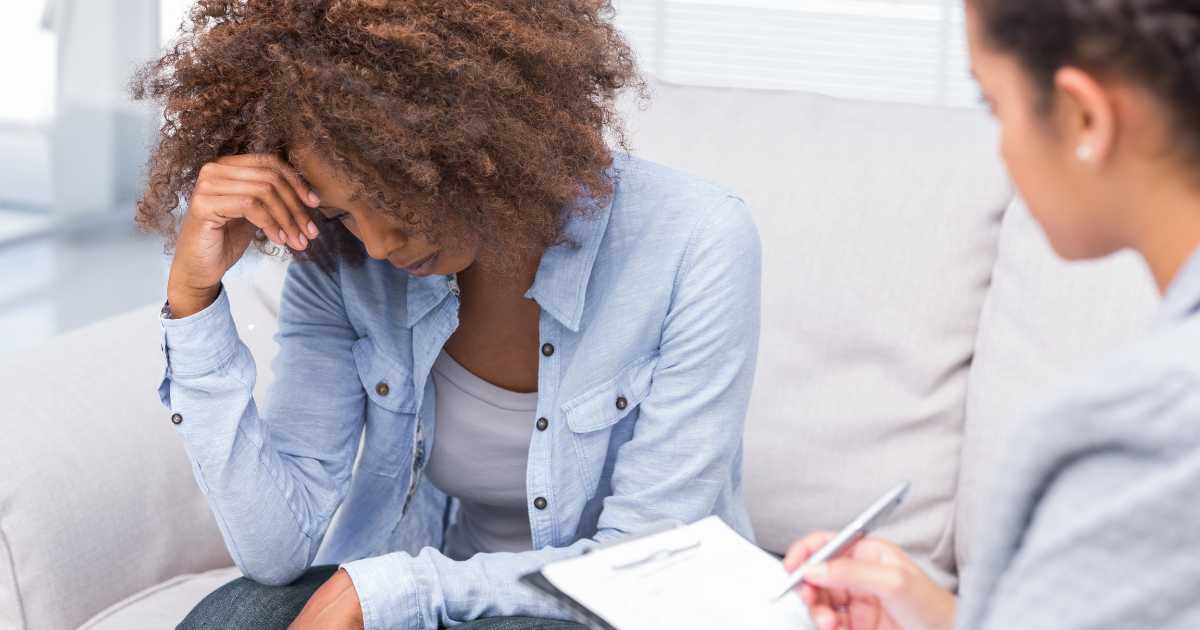What Are Shrooms?
“Shrooms” are a slang term for “magic mushrooms,” a type of mushroom with psychedelic effects. The technical term for these drugs pertains to the psychoactive substances found within them – principally psilocybin and psilocin.
There are over 180 species of mushrooms that contain psilocybin or psilocin, with Psilocybe cubensis and Psilocybe semilanceata being among the most common.
Other street names and nicknames for shrooms include:
- Psychedelic Mushrooms
- Caps
- Boomers
- Liberties
- Blue Meanies
- Golden Tops
The effects of shrooms include altered states of consciousness, which can include visual and auditory hallucinations, changes in perception, and altered thinking processes. These effects vary greatly depending on the dose, the user’s mental state, and the environment in which they are consumed.
Psilocybin is a Schedule I substance under the Controlled Substances Act. This means it is legally considered to have a high potential for abuse and no accepted medical use. However, there has been a recent trend of increased research into the uses of shrooms. Ongoing research is exploring the potential therapeutic benefits of psychedelics like shrooms, particularly for conditions like depression and PTSD.
In this article, we’ll explore whether shrooms are addictive, how long shrooms stay in your system, what shrooms feel like, and other questions you may have.
How Do People Use Magic Mushrooms?
There are several ways to consume magic mushrooms. The most common way to take shrooms is orally, either by eating them raw, cooked, or dried. They can also be ground into a powder and swallowed in capsule form, or steeped in hot water to make a tea.
These methods allow for the active compounds, psilocybin, and psilocin, to be absorbed through the digestive system.
Common Methods of Consuming Magic Mushrooms:
- Eating Raw or Dried — Consuming the mushrooms directly, either when fresh or after drying them out. Drying them can intensify the effects.
- Brewing Tea — Steeping the mushrooms in hot water to make tea, which can be easier to ingest and can reduce the potential for nausea.
- Capsules — Grinding the dried mushrooms into a powder and placing them in capsules. This method can help with precise dosing and avoids the taste of the mushrooms.
- Cooking — Incorporating mushrooms into food, although heat may affect the potency of the psychoactive compounds.
Like any drug, it’s not recommended to consume magic mushrooms recreationally. However, if someone chooses to use magic mushrooms, it’s important to take certain precautions. These include researching the specific type of mushroom consumed, starting with a low dose to gauge sensitivity, and ensuring a safe and comfortable environment during the trip.
Get confidential help from our addiction treatment specialists in Orange County. Call to join our rehab program today!
Call 866-881-1184Can You Smoke Shrooms?
Regarding the question “can you smoke mushrooms?,” it’s not recommended. The active compounds in magic mushrooms, psilocybin and psilocin, are not effectively released through smoking.
Based on anecdotal reports, at best you’ll experience a mild high. At worst, you’ll experience no psychedelic effects at all but could become nauseous.
How Long Do Shrooms Take to Kick In?
The onset time for the effects of magic mushrooms varies. The effects of shrooms often kick in around 60 to 90 minutes after administration.
Once the effects begin, they typically last for about 4 to 6 hours. Peak effects begin around 2 to 3 hours after ingestion. After the peak, the effects gradually taper off.
Are Shrooms Addictive?
Like other psychedelics, shrooms are generally not considered addictive. This is because, unlike substances like opioids, nicotine, or alcohol, physical dependence is not induced.
As such, there are no real withdrawal symptoms to speak of. In addition, tolerance can quickly build up but it also fades quickly when use is stopped.
So if shrooms are not addictive, why would people use them regularly?
There are a couple reasons for this:
- Psychological or Spiritual Insights — Some individuals use shrooms to explore their psyche, seek spiritual growth, or gain insights into their life and consciousness. These introspective and sometimes profound experiences can be a reason for repeated use.
- Recreational Enjoyment — The unique sensory and perceptual effects can be appealing for recreational purposes. The experience of altered reality can be intriguing and enjoyable.
- Self-Medicating — Some individuals might use magic mushrooms to self-medicate for issues like depression, anxiety, or PTSD, especially given emerging research on the potential therapeutic benefits of psilocybin.
- Social or Cultural Practices — In some cultures or social groups, the use of psychedelics like magic mushrooms is a part of traditional or communal activities.
It’s important to note that while shrooms may not be physically addictive, psychological dependence or compulsive use can still occur in some individuals.
The Dangers of Psychedelics
While shrooms are generally considered to be non-addictive, there are still potential dangers associated with using psychedelics.
These dangers include:
- Psychological distress — Some individuals may experience anxiety, panic attacks, or even psychotic episodes during a psilocybin trip. There’s also the risk of Serotonin Syndrome, an uncomfortable condition that occurs when there is an excess of serotonin in the brain.
- Risky behavior — The altered state of consciousness induced by shrooms can impair judgment and decision making, increasing the risk of accidents or engaging in risky behaviors. While under the influence, individuals may take part in poor decisions like unsafe sex or dangerous driving.
- Flashbacks — Some users may experience spontaneous flashbacks or hallucinogen persisting perception disorder (HPPD), which involves re-experiencing previous hallucinatory effects long after the drug was taken.
- Interactions with other substances — Mixing magic mushrooms with other substances, such as alcohol or other drugs, can amplify the effects and increase the risk of negative reactions or complications.
- Personal and emotional vulnerability — Magic mushrooms can intensify emotions and amplify existing emotional states. This can be particularly challenging for individuals who are already experiencing mental health issues or are in a vulnerable state.Bad trips:
Although rare, some individuals may have a negative or frightening experience while on a magic mushroom trip. This can be emotionally distressing and may have lasting effects on their mental well-being.
It’s important to approach the use of psychedelic drugs with caution, being aware of both their potential for therapeutic use and their risks. Individuals with a history of mental health issues should be particularly cautious, as psychedelics can exacerbate these conditions.
Psychedelic Drug Treatment at South Coast Behavioral Health
If you or a loved one are seeking treatment for psilocybin mushrooms, our drug and alcohol rehab and treatment center is here to help. Even though mushroom addictions aren’t really a physical dependence, they still can be abused. The first step in treating addiction is a medical detox. This means using drugs to manage withdrawal symptoms.
Our medical detox program in California is staffed by caring and compassionate professionals who can provide you with medications to manage your withdrawal symptoms.
At South Coast, we take pride in offering care that is closely tailored to specific issues. To that end, we offer gender-specific detox programs, with medical detox for men in Irvine, CA, and medical detox for women in Huntington Beach, CA.
After detoxing, proper treatment can begin.
Treatment for substance abuse takes place along an entire spectrum of care. Along that entire spectrum are various behavioral therapies, support groups, and the use of medically-assisted treatment (MAT).
These levels of treatment are, in order, as follows:
Residential Treatment in California
After successfully completing medical detox, you’ll receive inpatient drug treatment in Orange County California. There, you’ll receive medically-assisted treatment and dual diagnosis treatment to deal with any cravings or co-occurring mental health and substance use disorders you may be battling.
We also offer residential treatment facilities in Costa Mesa, Irvine, and Huntington Beach for those who desire gender-specific treatment. There, patients get round-the-clock medical attention and monitoring while living at the institution full-time.
In addition to individual and group counseling and medication management, you’ll also have access to leisure activities and family support services.
Partial Hospitalization in California
Most clients start substance abuse treatment with South Coast in our residential treatment program. After completing that, many desire something that still provides structure and support, but with extra space and time to oneself. For that, we offer Partial Hospitalization in Newport Beach.
A step down from inpatient care but with more structure than conventional outpatient programs, partial hospitalization offers a good balance for those looking to ease back into normal life. Clients can receive care five to seven days a week for a number of hours each day, returning back to their homes in the evening.
This way, they can recover without putting their daily lives completely on hold, receiving intense therapeutic interventions like group and individual therapy, skill development, and medication management as necessary.
Intensive Outpatient Treatment in California
For those leaving inpatient residential treatment or partial hospitalization, intensive outpatient programs (IOP) are yet another gradual step forward on the road to recovery.
With a focus on group therapy, individual counseling, and education, clients undergoing Intensive Outpatient Treatment in Newport Beach can meet three to five days a week. Each session lasts three hours.
This level of care requires the least amount of attendance at a facility.
Start Today
If you or a loved one are struggling with alcohol addiction but wonder how long addiction treatment takes or have other questions, call us at 866-881-1184 or contact us here. Our highly qualified staff will be happy to help give you an idea of what to expect from your addiction recovery timeline, help verify your insurance, learn more about the admissions process, and assist with any other questions you may have. Addiction treatment centers can really help with drug and alcohol detox and mental health programs. Call today!
REFERENCES:
























